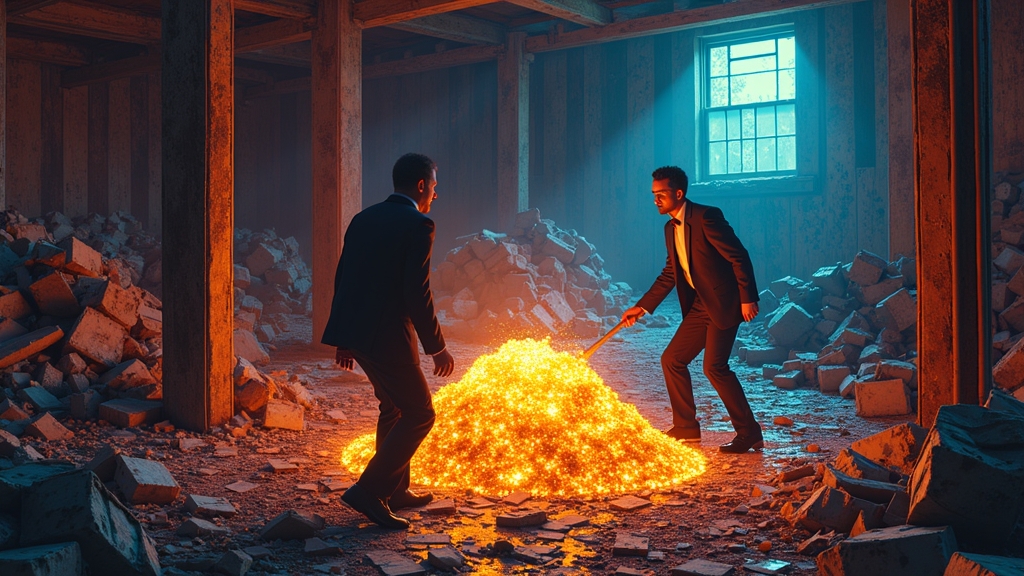MIT Researchers Develop Groundbreaking AI Training Technique That Completely Forgets City Traffic Exists
In a world where AI often struggles to differentiate between a congested highway and a deserted country road, researchers at MIT have heroically introduced an algorithm that trains machines to almost care about real-world variability. Fields like robotics, medicine, and political science, which previously considered AI’s decision-making skills about as reliable as a politician’s promise, are now attempting to teach artificial minds to, well, do more than just guess.
Reinforcement learning models are like the socially awkward teenagers of algorithms—they wilt under pressure when they’re faced with unfamiliar scenarios. Picture them at a dinner party, fumbling when asked to mingle among intersections featuring different speed limits, traffic patterns, or, heaven forbid, more than two lanes.
Enter the MIT squad with their brilliant solution: an ingenious algorithm that strips training down to city traffic intersections which matter most, essentially teaching AI ‘just enough’ to get by without completely shirking its responsibilities. With fewer intersections to care about, AI’s performance skyrockets, because, as Cathy Wu, MIT’s sage of engineering opaquely notes, “The less complicated something is, the easier it is for others to pretend they understand it.”
In an astonishing (possibly mythical) leap of efficiency, this new method was up to 50 times better than the standard approach, rendering the latter as useful as an umbrella in a hurricane. Researchers herald their newfound glory, proudly proclaiming that the AI can now stagger through city traffic with a mere modicum of data from a couple of strategically selected intersections, outsmarting previous algorithms that foolishly trained on data from every blinking light.
Under the banter of zero-shot transfer learning, MIT researchers applied AI’s newly honed skills to tasks as diverse as operating traffic signals and offering real-time speed advisories. You’ll find speed demons, AI creatures of habit, navigating more efficiently than ever before—well, except when they don’t.
Eager to leap from theoretical brilliance to practical application, researchers are dreaming big: future-proof Artificial Intelligence systems, conquering real-world problems and transforming mobility systems without actually needing to learn anything from the other 98 tasks. Prepare yourself for a world where AI finally saves us from bad traffic, if only it could remember what traffic is.
Funded by a smattering of prestigious scholarships and fellowships, this grasp on reality might just extend to more complex problems that actually exist in the real world. Because, you know, when training on as little worthwhile information as possible, the AI can then perform horrifically well in scenarios that range from hyperbolic to fantastical. Welcome to the wonderful, slightly-myopic future where cutting-edge AI thrives on blissful ignorance.





